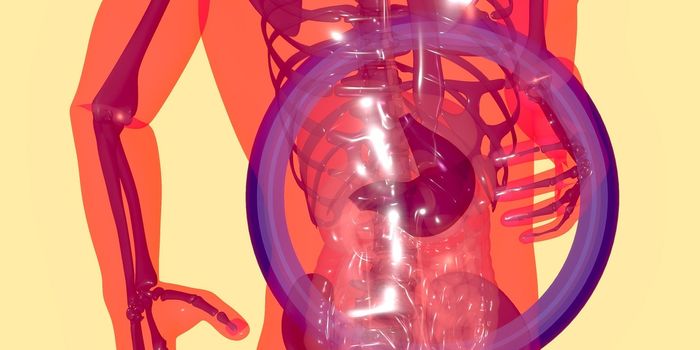Scientists have created a portable way to make pharmaceuticals by using freeze-dried components that can make complex compounds that only need to be hydrated, and do not require refrigeration. This technique could be a great help to those that are far away from hospitals or can’t get to a drugstore quickly, it can even benefit astronauts who are on the space station. The researchers from Harvard and MIT
have reported their technology in Cell.
"I think this opens up possibilities of creating a biotech equivalent of the chemistry kits many of us grew up with that consisted of powders and chemicals," commented senior author James Collins, who has a research lab at the Wyss Institute for Biologically Inspired Engineering. "Now, we show that you can actually have freeze-dried DNA components and other biomolecules that can be used in an easy, low-resource way to explore the power of our technology."
Collins’ team took a new approach. Their technique freeze-dries the molecular machines that are utilized to make RNA and proteins during transcription and translation of DNA. Those parts are then made into pellets, which only need water, after which they can start making the molecule of interest.
Such a method has broad applicability. Since there is focus on the creation of antibodies not only for use as treatments of microbial infections, but also as a therapeutic for diseases like cancer and immune disorders, the scientists utilized their advancement to create a portable toolbox for the production of designer antibodies. One target of the antibodies that causes disease was C. dificile, a pathogen that can result in death for people that are infected. Another was an antibody that targeted and killed breast cancer cells.

In their work, the investigators also tested on-site vaccine production, using the pellets to make a vaccine against diptheria. The current vaccine is highly sensitive and can be adversely affected by both hot and cold temperatures, making distribution of the vaccine around the world very challenging. Being able to make this vaccine on demand and on site would be a great achievement. The researchers determined that their portable system did in fact synthesize a vaccine that elicited a protective effect in mice.
"We showed that you could get an appropriate biological response," explained Collins. "We're not developing novel vaccines, but we're showing that if we can encode the antigens in DNA, then we can harness that ability and have the vaccines in an easy-to-ship and -store format."
While the exact costs vary depending on what is being made, this new technology greatly reduces manufacturing expenses. Almost no instruction is required to make it work, just add water. There is optimism in Collins’ team about the possible applications of their work. One caveat may be scalability, but the team is hard at work to address any potential issues.
The lab would also like to make more complex molecules with their platform as well as making improvements for use in the field and in education.
Sources:
Eurekalert!/AAAS via
Cell Press,
Cell










